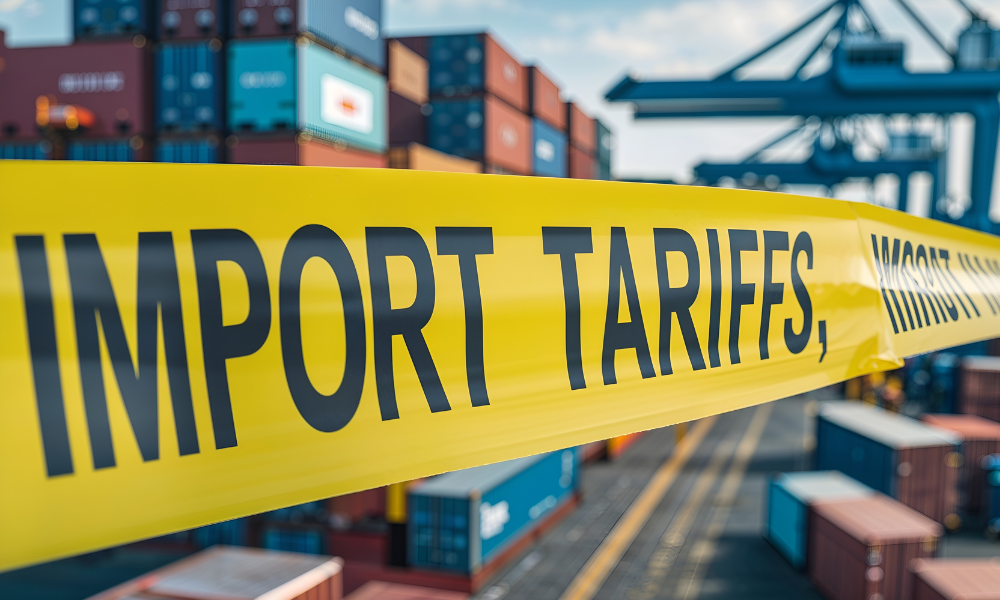Economic headwinds are causing businesses to brace for a downturn

Trade-related uncertainty is dampening business and consumer confidence in Canada, according to new reports from the Bank of Canada, with recession fears rising even before the latest round of US tariffs.
In its quarterly business outlook survey, the central bank found that 32% of firms are now planning for a potential recession in the next 12 months, more than double the figure seen over the past two quarters.
“Uncertainty surrounding financial, economic and political conditions remains the top concerns for firms and rose sharply this quarter,” the report noted.
“Tariffs dominated business and consumer sentiment in the first quarter, with plenty of uncertainty about whether they would be levied, at what rate, and for how long,” BMO senior economist Shelly Kaushik wrote. “Given that uncertainty remains and tariffs are now in place, we expect weakness to persist in the coming quarters.”
The survey showed a decline in expectations for future sales, investment and hiring. Just 43% of businesses expected sales growth over the coming year, down from 53% in the final quarter of 2024. Only 31% planned to increase investment in machinery and equipment, while 32% expected to expand their workforce — both down significantly from previous levels.
“In the current economic environment, many businesses are delaying important decisions, such as those related to investment and hiring, until they have a clearer outlook,” the Bank noted.
Although the surveys were conducted before US president Donald Trump’s most recent tariff announcement, businesses were already adjusting plans due to trade concerns.
The business survey also pointed to rising cost pressures, with many firms expecting tariffs to drive up input prices. Roughly two-thirds said they would raise selling prices in response.
The companion Canadian Survey of Consumer Expectations showed a growing number of Canadians are concerned about job security, particularly in trade-sensitive industries. For the first time since early 2024, more consumers said they were cutting back or planning to reduce spending.
Both surveys were completed before the US administration’s reciprocal tariff announcement last week, which led to a global market downturn.
The Bank of Canada will deliver its next interest rate decision and monetary policy report on April 16. It lowered its key interest rate to 2.75% in March, citing significant tariff uncertainty as a key factor.
What are your thoughts on the recent findings? Share your insights in the comments below.



